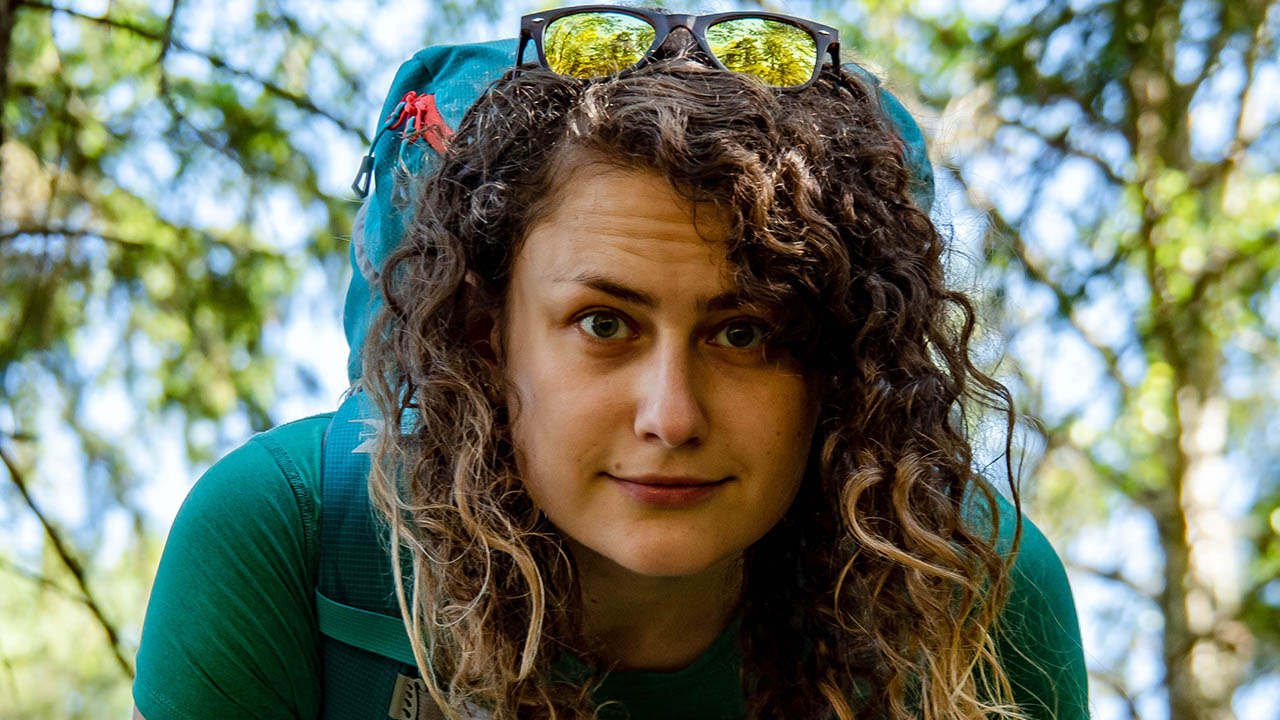Hard work behind Best Student Award

We have spoken to Laura Zurauskaite, winner of The Electrochemical Society PRiME 2020 Best Student Award.
You are a doctoral student at Division of Electronics and Embedded Systems at EECS. Could you tell us about your research?
“The focus of my research is transistor fabrication for future technology nodes of integrated circuits. The future integrated circuit fabrication technology will enable new generations of CPUs, which will mean better performance in our phones and computers.
It is expected that traditional transistor scaling, or in other words the shrinking of the chip features, will stop in the next 10 years. The industry will then turn to monolithic 3D integration, the stacking of tiers of integrated circuits on top of each other.
The 3D fabrication process is not trivial, and I’m working on some key steps in the fabrication scheme. My work concerns low-temperature fabrication of germanium transistors for the upper tiers in 3D integration which require reducing the temperature budget compared to the existing silicon technology.“
Your paper was chosen in competition with the work of leading research institutes and universities from the USA, Europe and Asia. What do you believe made it the winning paper?
“The short answer is hard work. I worked hard on the experiments, writing the paper and the presentation. Ultimately, the study I presented drew some important conclusions about the process window for device fabrication which has strong implications for the reproducibility.“
What is your background? How come you ended up at KTH, working on these subjects?
“I have a BSc in Physics from Vilnius University and I came here to do a Masters in Nanotechnology, although I didn’t think I would end up doing research in this field. I actually disliked Electronics after the course I had during my Bachelor studies. However, after taking some classes from Gunnar Malm, Carl-Mikael Zetterling and Mikael Östling, I became very interested in the subject and did my Master thesis in the same department where I work with my current supervisor Per-Erik Hellström. I really enjoyed the research as well as the work environment, so a PhD in the area came naturally to me.”
What do you like to do when you are not working?
“I love the outdoors. I try to go hiking and camping whenever the weather allows and sometimes also when it doesn’t. I do some climbing too, both indoors and outdoors. Another passion I have is baking. I enjoy making desserts and sharing my creations with friends and colleagues.”
How did you celebrate?
“My supervisor congratulated me on winning the award with champagne, which we shared with some colleagues that were in the office at the time. We’re also planning to celebrate with some cake in the division.”
